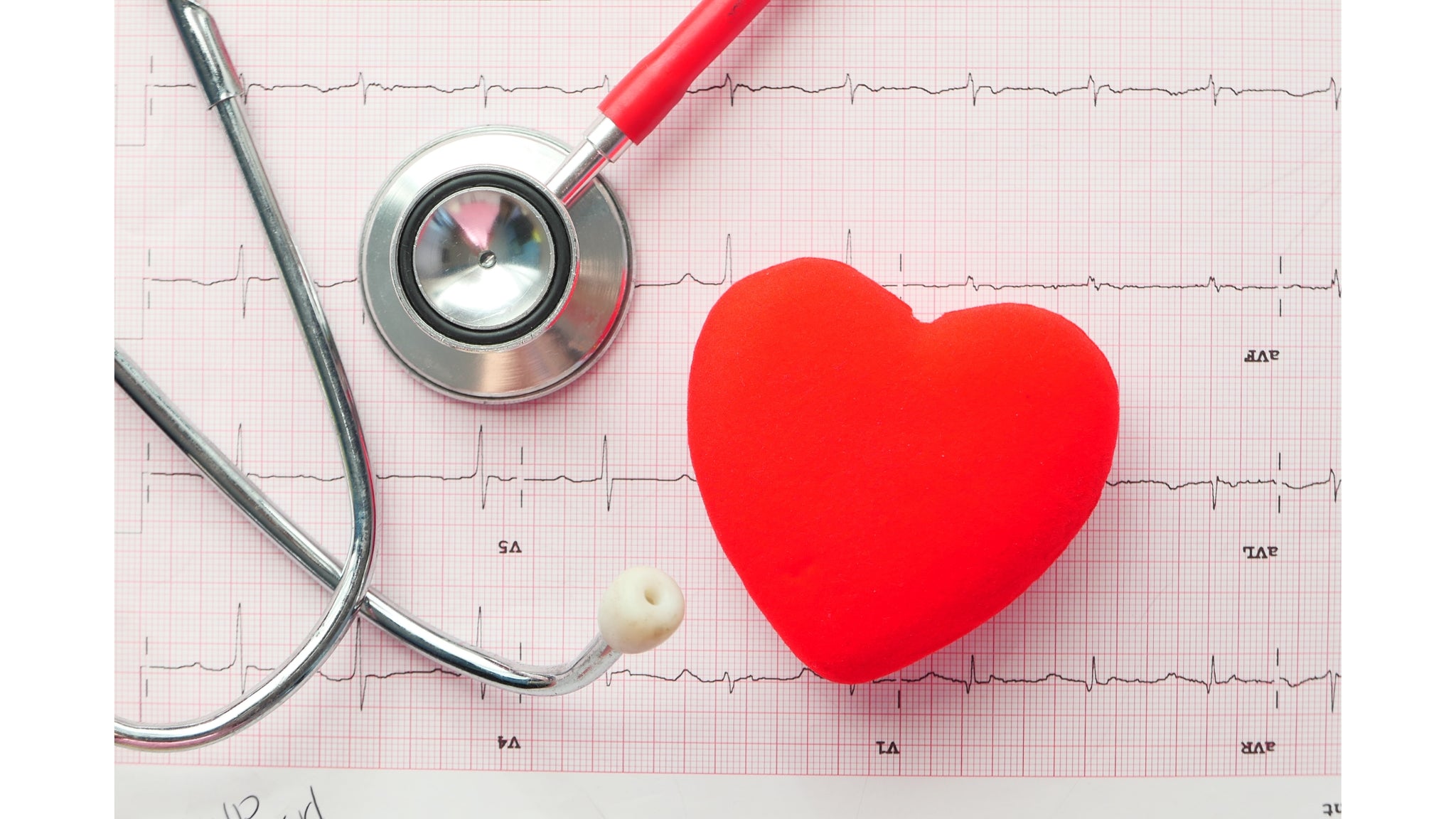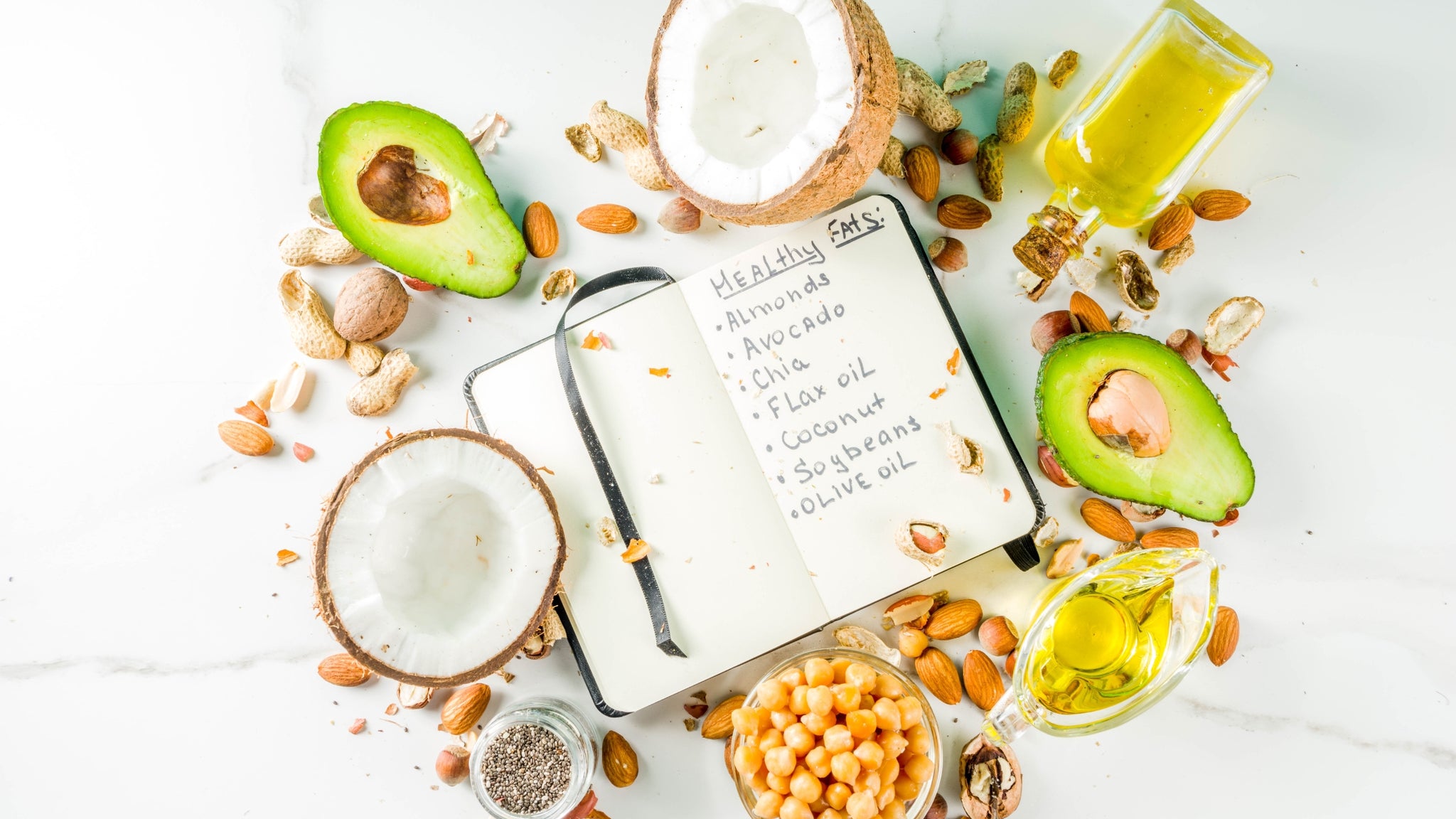
Benefits of Dhanwantaram Kwatham
Dhanwantaram Kwatham supports all types of vata-vyadhi (vata disorders) and is especially supportive for dhatu-kshaya-janya vata rogas (vata disorders causing depletion). Dhanwantaram Kwatham supports general fatigue and depletion, postpartum rejuvenation, rheumatic disorders, degenerative disorders, and physical trauma.

Benefits of Dasamula Arishtam
Dasamula helps our bodies and minds feel strong and vital. It supports all types of weakness related to vata and kapha conditions and supports the respiratory system by helping to reduce mucus from the chest, and ease breathing, cough and cold. Dasamula greatly supports women during postpartum as it rejuvenates strength and helps reduce pain and inflammation.

Heart Health and Ayurveda
Ayurveda uses the word hrudaya which has the same meaning as the English word for the heart. The word hrudaya indicates the function of this vital organ, hru means to collect blood forcibly and ‘da’ means to donate. The body’s first two dhatus (body tissues) are rasa (plasma) and rakta (blood) which are circulated throughout the body. Thus, the word hrudaya means the dual action of forcibly collecting and circulating the blood throughout the body.

Prostate and Bladder Health with Ayurveda
The Ayurvedic name for the prostrate is Asashteela which translates as “a small stone used to sharpen swords”. When the gland is affected by excess vata, it causes a condition known in Ayurveda as vathaashteela. As we age, the vata dosha naturally increases in the body and becomes increasingly dominate starting at around age 50.

Kidney Health and Ayurveda
Vrikka is the word that Ayurveda uses for the kidneys which are formed by rakta (blood) and medha dhatu (fat tissue) combined. Vrikka is said to be the source or root for medovaha srotas (fat tissue channel). Apana vayu (downward moving vata) is responsible for regulating kidney function and helping to eliminate urine and stool in the downward direction.

Boosting Immunity with Ayurveda
Ayurveda uses the word vyadhi-kshamatva to refer to immunity. Vyadhi-kshamatva is composed of two words, vyadhi (disease) + kshamatva (to resist). The word is referring to the strength of the body which resists different pathogens like bacteria and viruses. In modern times, our immune system faces new challenges from the ever changing variants cause by the Covid virus.

Liver Health and Ayurveda
Ayurveda says the liver is the home location for pitta dosha, the fiery mind-body element associated with metabolism. The liver is a fiery hot organ that is responsible for converting rasa dhatu (plasma) to rakta dhatu (blood). The liver helps identify ama (toxins) in the rasa dhatu and stores it before it can enter the blood, it helps maintains pure clean blood.

Healthy Cholesterol and Ayurveda
According to Ayurveda, cholesterol is related to the kapha dosha and plays an important role of supporting and lubricating the numerous circulatory channels. Many organs and tissues rely on the lubricating qualities of the kapha dosha, especially the nervous, muscular, and circulatory systems.

Brain Health and Ayurveda
The brain is the most important part of the nervous system and the most complex organ within the human body. Its major component is fat, and the average adult brain weighs approximately 3 pounds, of which approximately 60% is fat and the remaining 40% is a combination of water, protein, carbohydrates, and salts. The brain consists of a network of blood vessels and nerves which are the command center for the functions of all our organs, tissues, and cells.

